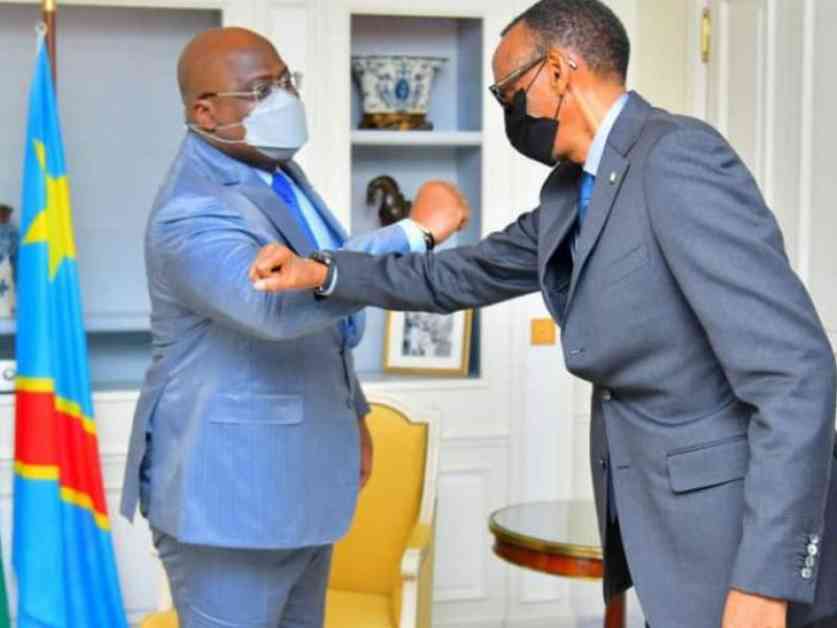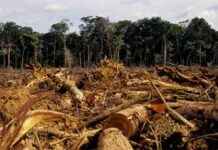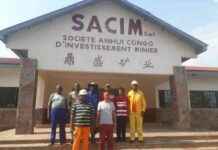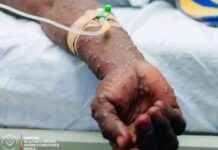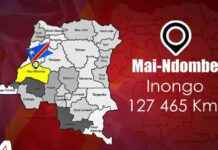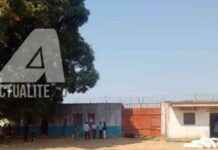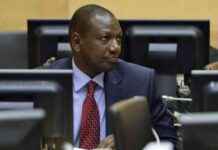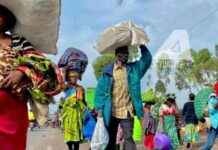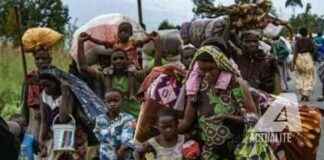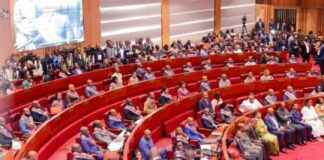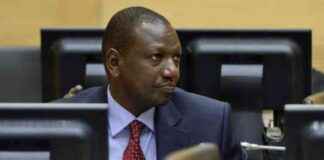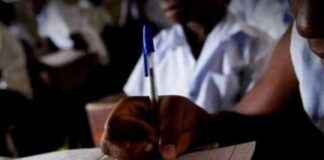Rwanda and DRC to Present Evidence at African Court
In a bid to seek justice for the crimes committed by Rwanda in the eastern region of the Democratic Republic of Congo (DRC), the National Human Rights Commission (CNDH-RDC) is gearing up to present evidence at the upcoming trial scheduled for February 12th before the African Court on Human and Peoples’ Rights. This pivotal decision was discussed during a meeting between the Deputy Minister of Justice and International Legal Affairs, Samuel Mbemba, and the president of CNDH, Paul Nsapu. Nsapu emphasized the significance of the trial and the importance of holding Rwanda accountable.
“As you are aware, in less than 25 days, the trial between the Democratic Republic of Congo (DRC) and Rwanda, a country that has been aggressing the DRC for nearly 30 years, will take place in Arusha. It is in this context that, as part of the collaboration between the National Human Rights Commission (CNDH) and the government, through the Ministry of Justice, His Excellency the Deputy Minister of Justice and International Legal Affairs, Me Samuel Mbemba, honored me with a meeting. We discussed this crucial case. This trial, eagerly anticipated by our people and the victims of the aggressions, holds paramount importance,” stated Paul Nsapu.
As an institution supporting democracy across the national territory, CNDH possesses substantial evidence of the serious human rights violations perpetrated by the aggressors, namely Rwanda. The discussion highlighted the need to actively support the Congolese government, the Congolese state, and the Congolese population, necessitating collaboration with partner organizations that also hold evidence of these heinous crimes.
In contrast to the hearing on September 26, 2024, before the East African Community (EAC) Court of Justice, which focused on specific regional disputes, this new trial takes on a broader approach. It aims to establish accountability for several decades of aggression, systematic looting of natural resources, sexual violence, and massacres suffered by the Congolese populations.
In early December, Samuel Mbemba underscored the unprecedented significance of these legal actions. “For decades of aggression against our country, looting of our minerals, rape of our children and women, and massacres of our populations, Rwanda and Paul Kagame have never been taken to court through real trials at all levels as they are now. This is not the usual criticism we were accustomed to in the past. There are currently three ongoing trials,” he affirmed.
This trial exemplifies the DRC’s determination to engage international bodies to end the impunity enjoyed by Kigali in the context of the conflict in the eastern part of the country. By leveraging the jurisdiction of the African Union, the DRC also aims to pave the way for a potential referral to the International Criminal Court.
Expert Commentary on the Importance of International Justice
Samyr Lukombo, a legal expert specializing in international law, emphasized the significance of seeking justice at the international level. “The pursuit of justice through international courts is crucial in holding perpetrators accountable for their actions and providing closure to victims and affected communities. It also serves as a deterrent to future atrocities and contributes to the establishment of a more just and peaceful world order,” Lukombo stated.
As the trial approaches, the collaboration between CNDH, the government, and international partners underscores the collective efforts to address historical injustices and pave the way for a more equitable and lawful future. The presentation of evidence at the African Court marks a pivotal moment in the quest for accountability and justice in the face of longstanding conflicts and human rights violations.
In the pursuit of truth and justice, the resolve of the DRC to pursue legal avenues to address past wrongs sets a precedent for upholding human rights and promoting peace in the region. The upcoming trial stands as a testament to the resilience and determination of the Congolese people in seeking redress for the atrocities they have endured. The road to justice may be long and arduous, but the commitment to accountability and the rule of law remains unwavering.
